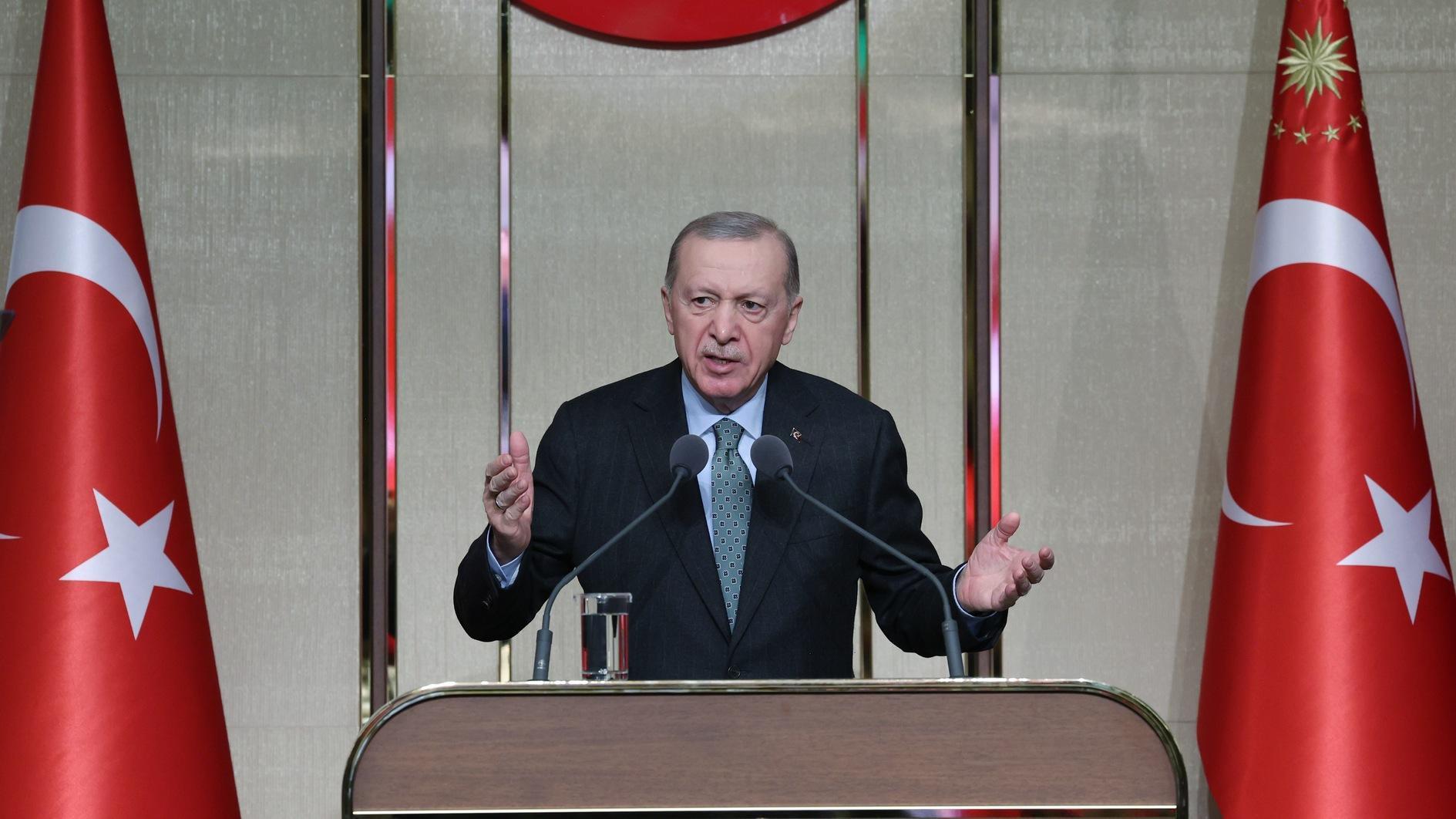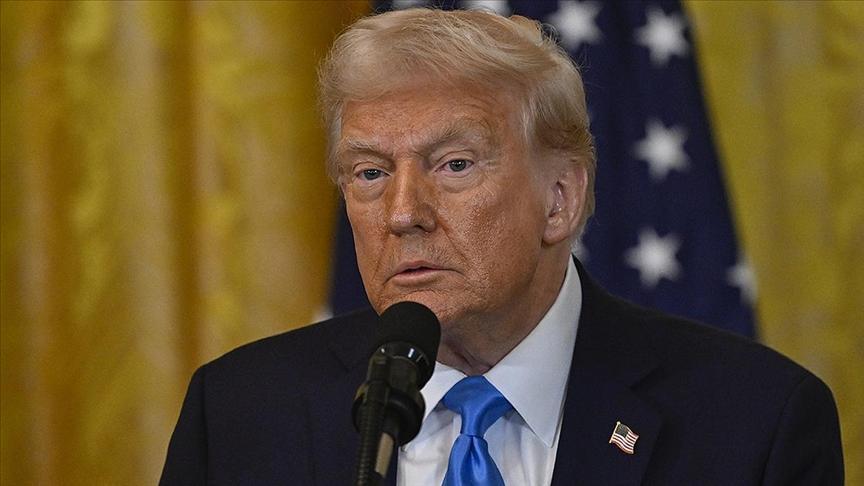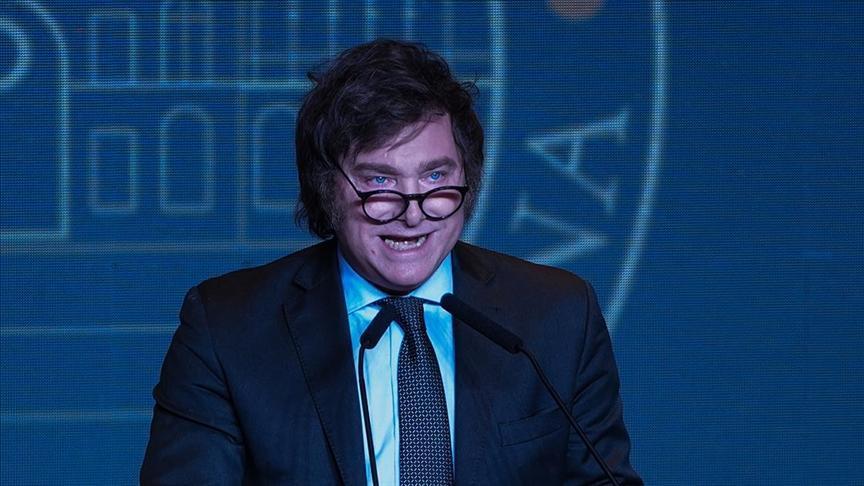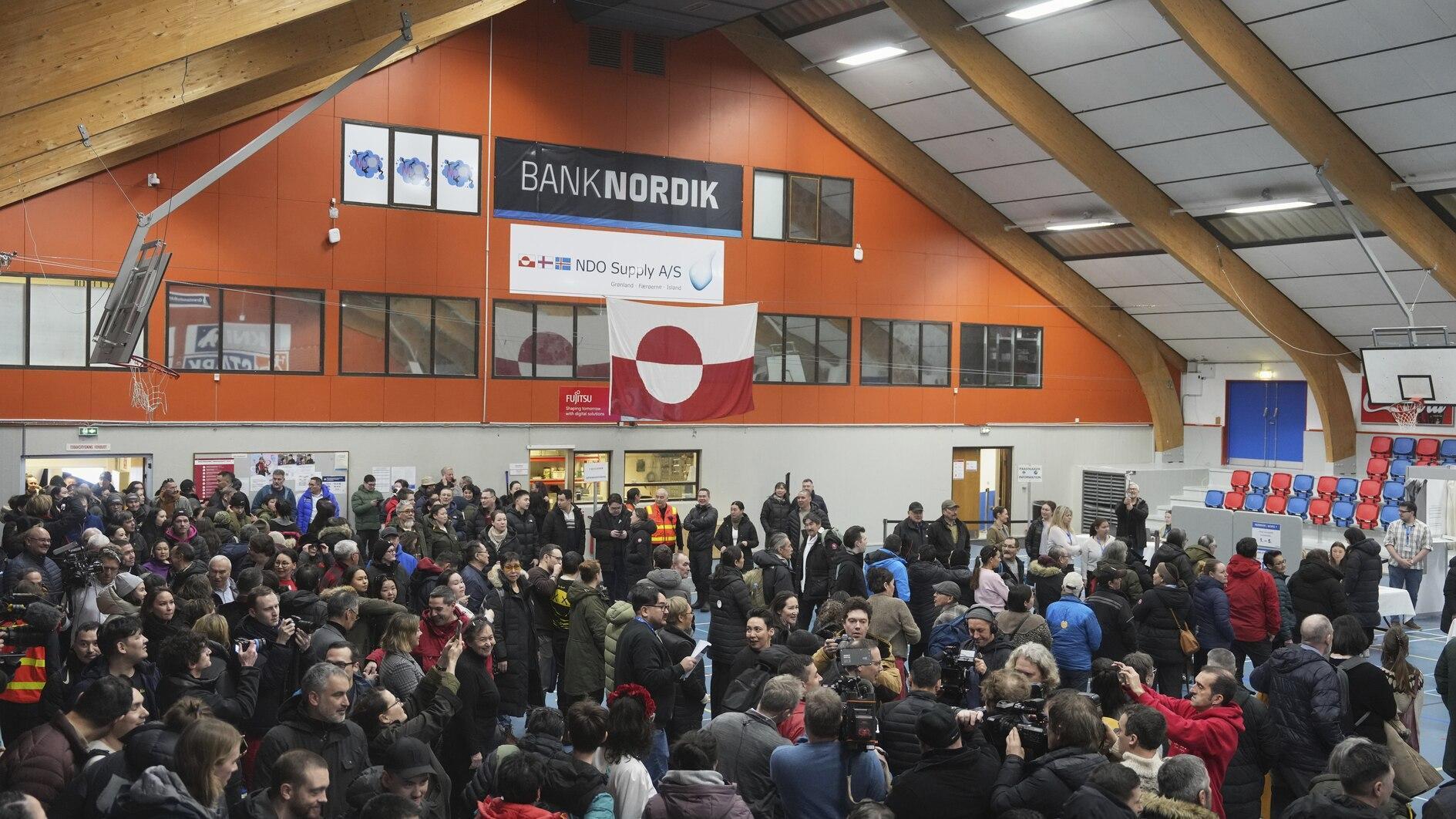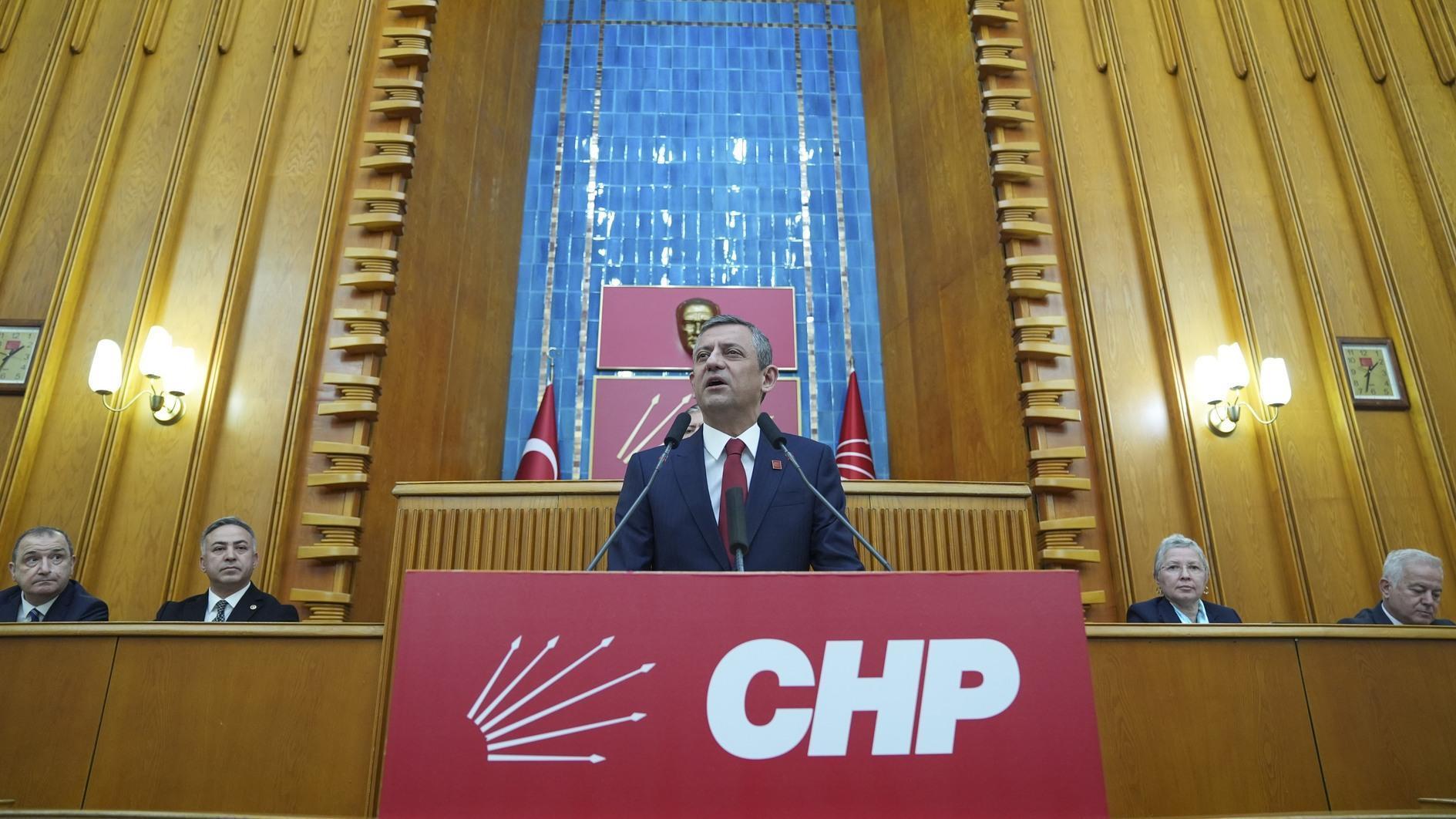Turkey’s love and hate relation with Santa Claus
As Muslims, we are told in Turkey that Islam accepts and respects all other monotheist religions. Yet some (and probably many), in Turkey have a negative, if not hostile attitude towards other religions, Christianity in particular. Surveys, for instance, indicate a majority of Turks do not like to have non-Muslim neighbors. This probably stems from our education system that reflects our historical baggage coming from the days of Muslim Ottomans vs. the Christian West and Russia.
But we also have a hypocritical attitude on that subject. When Turks see a benefit in it; they see no problem promoting the “Turkey at the crossroads of several religions” theme. Istanbul, Mardin and Hatay are sometimes promoted in tourism with the symbols of the three monotheist religions.
What made me write all of these were the contradictory news that came about Santa Claus during Christmas.
On Dec. 24, you read in the Daily News an article titled, “anti-Santa campaigns heat up in Turkey as Christmas arrives.”
“A Muslim youth group and a neighborhood authority led two separate anti-Santa campaigns on the eve of Christmas in Turkey,” read the news.
The Istanbul University branch of a group called Anatolia Youth Association (AGD) released an illustration of a Muslim youth punching Santa Claus in the face.
The group claimed celebrating Christmas and New Year’s Day was “wrong” and constituted “a blow dealt to being Muslim.”
Earlier in the week, the Şirinevler muhtar, the head of the neighborhood, hung a banner making it clear Santa Claus was not welcome on their streets.
Then, on Dec. 25 the Daily News published another article titled, “Turkey requests Santa Claus’ bones from Pope. Saint Nicolas is believed to have lived in Demre.”
“The Turkey-based Santa Claus Peace Council has said it has written a letter to Pope Francis, requesting the return of the bones of Saint Nicholas. “
They have been struggling for the return of the bones since 1995, according to Muammer Karabulut, the chairperson of the Council. “State institutions have also been involved in this struggle,” he said.
The night of Dec. 24, I was driving on one of the main highways of Istanbul. There was heavy traffic, so the entrepreneurial mind of Turks showed itself one more time; to my astonishment, a guy was selling Santa Claus balloons rather than bananas, water or pistachios in the slowing traffic.
Then, the next day we saw the Anatolia Youth Association using an inflatable plastic Santa as a prop, littering the ground below it with beer cans, a syringe and a cross to illustrate the dangers of inviting Santa into Turkish homes.
That must come as bad news to Mr. Karabulut, for I don’t think Pope Francis would be willing to return the bones to a country that has a love and hate relationship with Santa.
What are we to make of all of these?
For one thing, I believe this obsessive hostility against Santa Claus, Christmas and New Year’s Eve celebrations is not a prevailing view in Turkey.
Yet, what is rather a cause for concern is some of the action of the Anatolia Youth Association might be considered as incitement to hatred, which is punishable by law. Yet, probably no legal action has been taken against this group.
I know what I am talking about could sound irrelevant in view of the current developments that pit part of the judiciary against the government.
The other day, I came across one of Turkey’s most knowledgeable sociologists Nilüfer Göle’s assessment about the Justice and Development Party (AKP) in an interview conducted in the mid-2000’s. “The AKP transforms Turkey while it transforms itself,” she said. There is some truth to that.
But as of today, we can confidently say some things have not changed at all. In contrast to what AKP has claimed to be doing in the 2010 referendum, when it sought people’s consent for some reforms, we now know the judiciary is still not independent in Turkey.
And in contrast to AKP claims that they are “whiter” than any other previous government, we now have serious doubts about whether they were not just like the “others,” and have not changed a bit when it comes to evading accountability.



